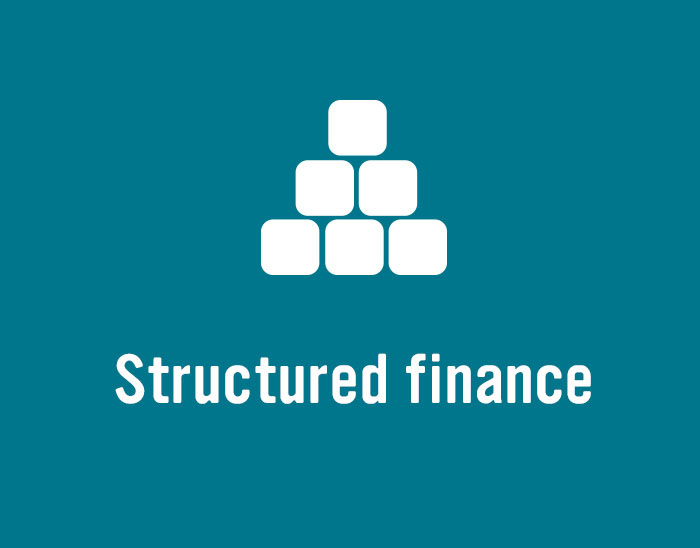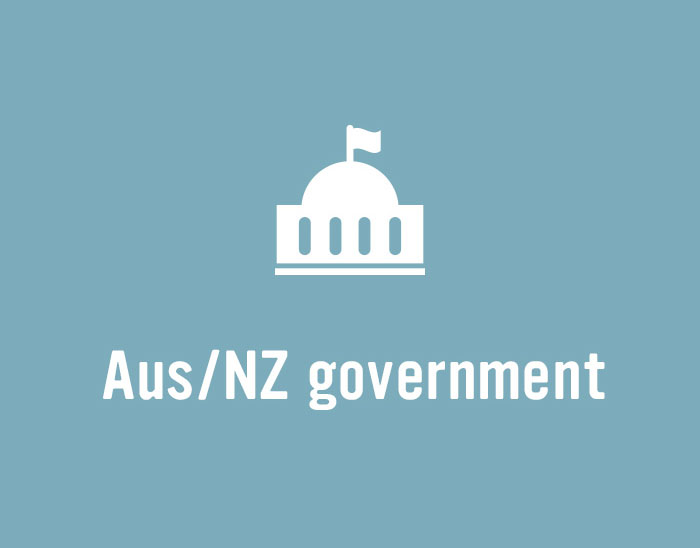
News

Corporate treasurers in Australia and New Zealand clearly believe their local economies are in downturn mode and expect further monetary easing, according to the sixth annual KangaNews-Moody’s Investors Service (Moody’s) Corporate Borrowers Intentions Survey. Cheap money may be having some impact on corporates’ desire to borrow, but probably only at the margin.

On 16 October, DBS Bank (DBS) (AA-/Aa1/AA-) launched its benchmark, Australian dollar denominated covered-bond deal. The three-year deal will come in either or both fixed and floating-rate format and is being marketed at 55 basis points area over swap benchmarks. The deal is expected to be rated Aaa/AAA and anticipated to price on the day after launch.

The domestic bond market has supported a steady flow of 10-year corporate deals in recent months. Dexus Finance (Dexus) is the latest corporate to have issued at this tenor domestically and the issuer says the ability consistently to price deals at the long end shifts its appetite for domestic-market deals significantly.

On 16 October, DBS Bank (DBS) (AA-/Aa1/AA-) began taking indications of interest for a benchmark, Australian dollar denominated, three-year covered-bond deal. The transaction will come in either or both fixed- and floating-rate format and is being marketed at 56 basis points area over swap benchmarks. Launch is expected in the near future, according to joint lead managers Commonwealth Bank of Australia, DBS, National Australia Bank, RBC Capital Markets and Westpac Institutional Bank. The deal is expected to be rated Aaa/AAA.

Teachers Mutual Bank (Teachers Mutual) (BBB/Baa1) launched its three-year, senior-unsecured, floating-rate note (FRN) transaction on 16 October, with indicative price guidance of 90-95 basis points over three-month bank bills. National Australia Bank and Westpac Institutional Bank are joint lead managers for the deal, which is expected to price on the day of launch.

On 16 October, Origin Energy Finance (Origin) (BBB/Baa2) revealed plans for a potential eight-year domestic deal. ANZ, Citi and Commonwealth Bank of Australia have been mandated to arrange fixed-income investor meetings and calls in Australia and Asia commencing on 21 October.

The H2 2019 iteration of the Fitch Ratings (Fitch)-KangaNews Australian Fixed-Income Investor Survey suggests asset managers have a relatively negative outlook on the Australian economy. Geopolitical risk is top of the agenda, while investors anticipate further monetary stimulus and a weak operating environment for local business.

